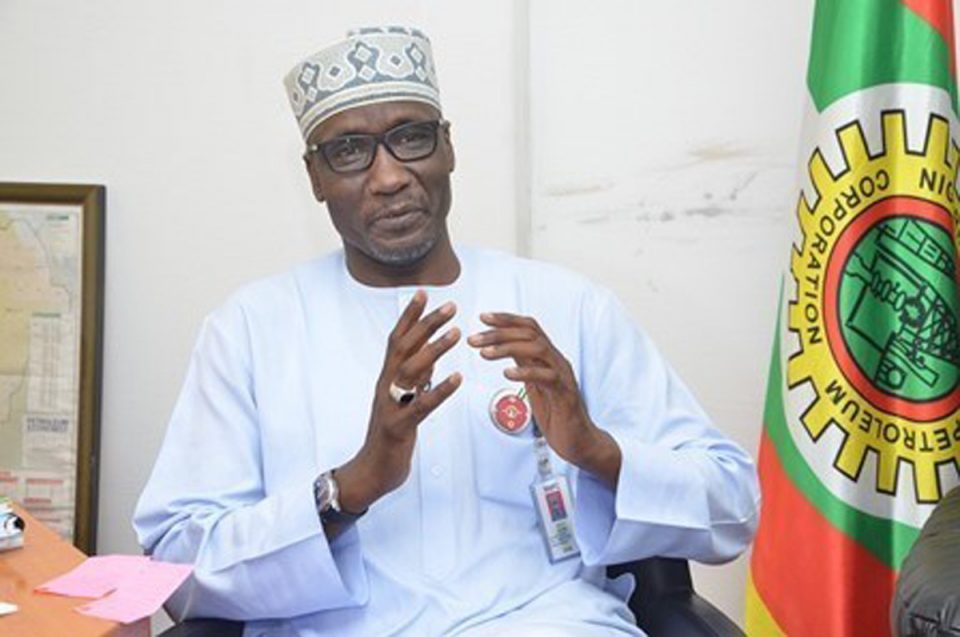Some oil and gas stakeholders have said that privatisation of the nation’s refineries would allow operators to function optimally and increase Nigeria’s domestic crude oil production capacity.
The stakeholders, said on Thursday in Lagos said the privatisation of refineries was long overdue because of the huge amounts being spent on maintenance.
Mr Mele Kyari, Group Managing Director, Nigerian National Petroleum Corporation (NNPC), on Wednesday said that the corporation would no longer be involved in management of the nation’s refineries after their rehabilitation.
Kyari in a television programe said that upon completion of the ongoing rehabilitation, the services of a company would be procured to manage the plants on an Operations and Maintenance (O&M) basis.
Mr Emeka Akabogu, a maritime and energy lawyer, in his reaction said that privatisation of the refineries was the only option for the sustainable operations going forward.
Akabogu who is the Chairman, Oil Trading and Logistics (OTL) Africa Downstream, said that the arguments against privatisation were largely emotional but short of empirical and objective realities.
He said: “Operation of refineries is capital intensive with low margins globally. It can only be run by the government if intended as a social service.
”The idea in itself is not bad if the government decides to proceed on socialist trajectory.
“That decision must take account of the historical patterns incidental to towing that direction and in our situation, it has been one of waste, opacity, inefficiency and corruption, with dry tanks as the primary outcome.
“It is belief that in spite the trillions of Naira that have gone into refinery maintenance in the last 10 years, the country has imported virtually all its refined products within the period.
”Unfortunately, there is no indication that the pattern is about to change”.
The OTL chairman said that privatisation on the other hand would see incentive-based investments with the business flexibility to explore and innovate in emerging areas of growth such as renewables and clean energy.
According to him, data shows that similar privatised companies have fared much better than those who have not been privatised, with Indorama Eleme as the showcase example.
“The country’s most successful company for many years has been Nigerian Liquefied Natural Gas (NLNG) Company.
“The NLNG is run solely on business fundamentals by virtue of its majority private ownership; though government retains a larger stake than the private stakeholders.
“The privatisation must of course be coupled with bold policy and legislative changes relating to feedstock access, offtake options and pricing.
“Any decision other than privatisation will amount to national self-delusion, ” Akabogu said.
Also, Mr Wilson Opuwei, Chief Executive Officer, Dateline Energy Services Ltd, said that NNPC needed to extricate itself from the refinery business, especially since it has not been able to keep it in operation.
“If they have any such plans to privatise, it should be done without further spendings on rehabilitation of the refineries.
“They should allow the company coming in to assess the situation and make its own rehabilitation plans toward making the refineries functional,” Opuwei siad.
Also, Mr Chinedu Okoronkwo, President, Independent Petroleum Marketers Association of Nigeria (IPMAN), said that the phase with which the refineries would be privatised was not important so long the desired result was achieved.
“We have been carrying crude outside for refining. If there is something government can quickly do to start refining here it will create desired economic impact.
“It will create lots of jobs and ease availability, pricing and distribution,” Okoronkwo said.
He, however, said that there was still a lot of work to get the refineries working again.
”I think the NNPC should create a timeline on the rehabilitation to fast track the privatisation process, ” he said.




